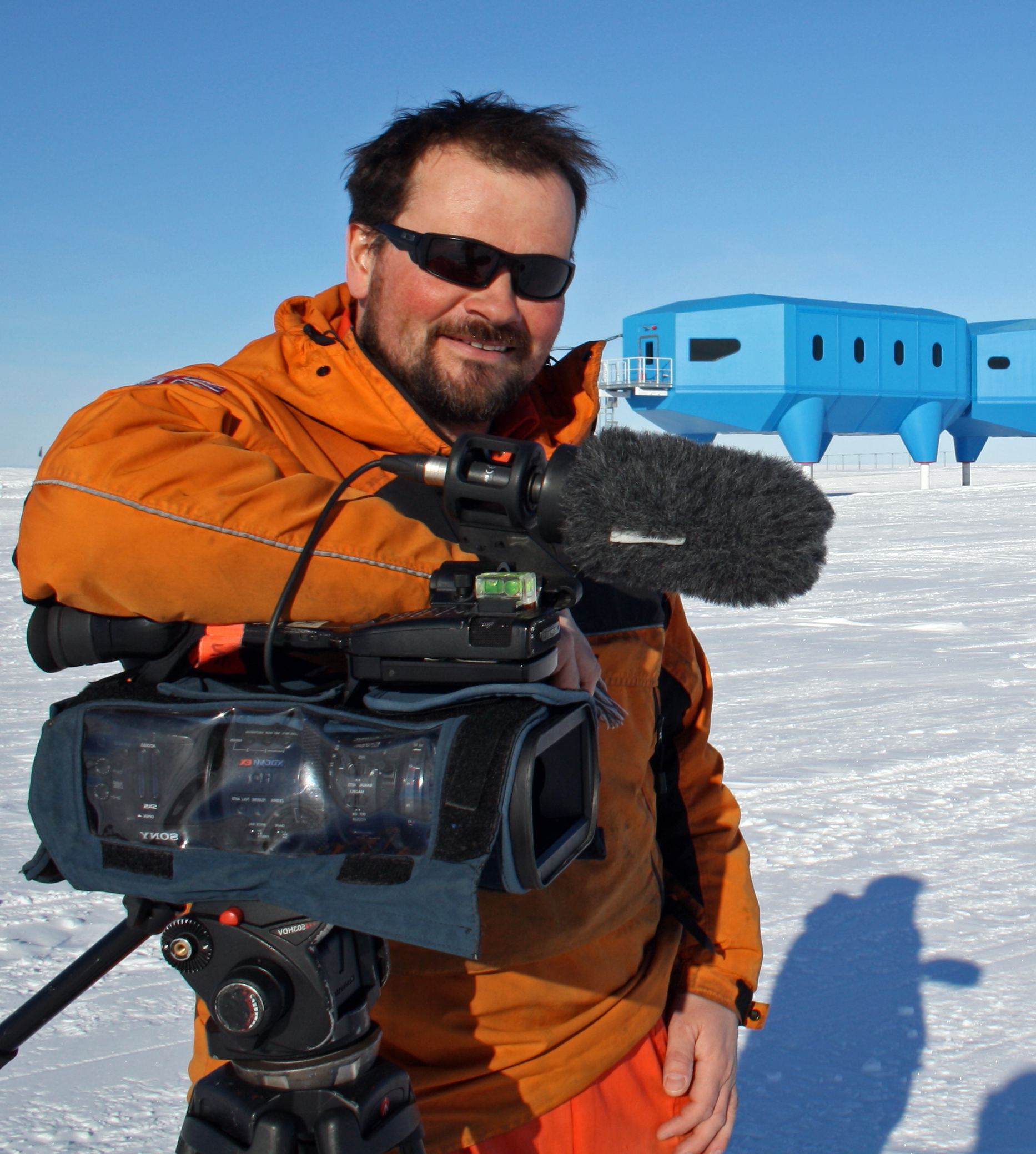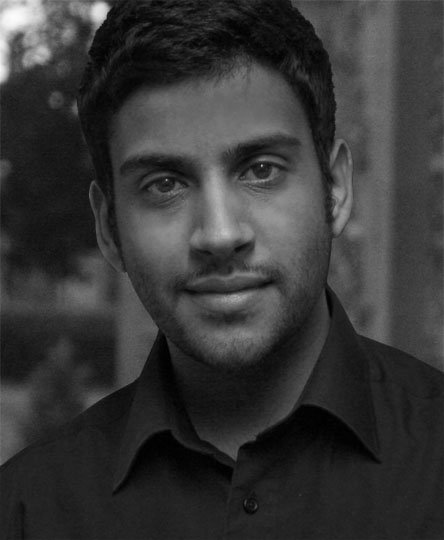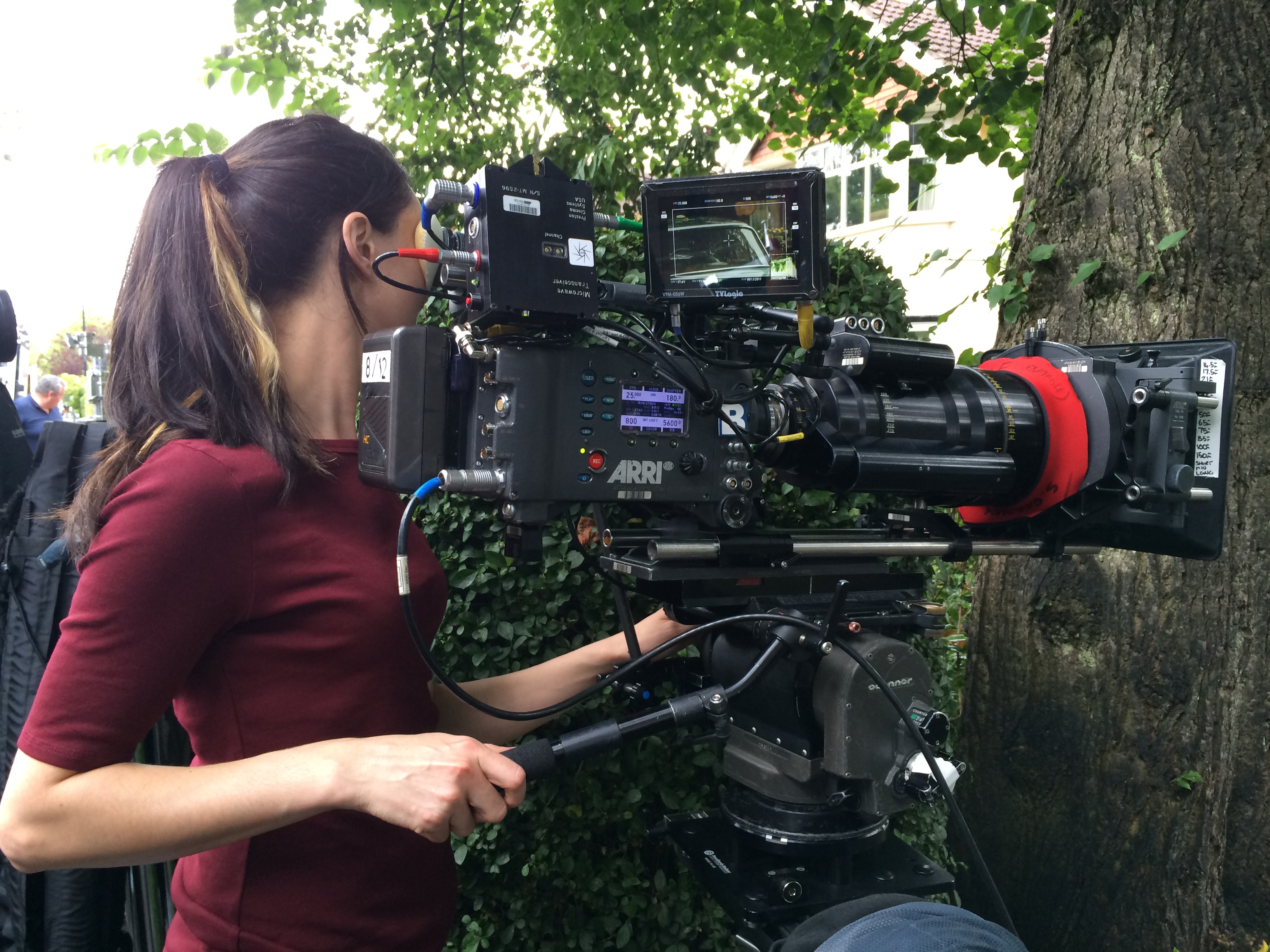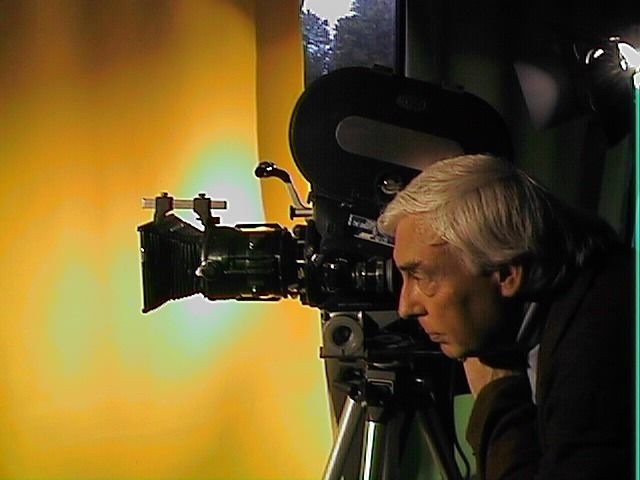ASK & DISCUSS
INDEXRecommendation for a camer person course?
12 years, 11 months ago - Kirk Watson
I have a mate who is leaving the army after injury and is keen to become a cameraman. He has an opportunity to work on a documentary (as he is part of the story in a team) at the end of next year which would give him some experience.
But he would like to know of a course he could do to become a cameraman? Long course short course etc any suggestions of good ones would be great.
Reply here or to me at kirktheclimber@gmail.com
Thanks
Only members can post or respond to topics. LOGIN
Not a member of SP? JOIN or FIND OUT MORE
12 years, 11 months ago - Kirk Watson
Thanks for the info guys, we are kind of straying from the question. Please keep with the topic if your answering these questions. I am a director, editor and cameraman of several years I may be self taught but I do know a little, just nothing about courses. My mate just wants a course for the basics to get him started I don't think he expects to become an overnight expert.
Thanks anyway and I think I have enough info to be getting on with for now.
Cheers
Kirk
12 years, 11 months ago - Haider Zafar
Hi Kirk,
http://www.mutinymedia.co.uk is a camera rental and production services company that consists of freelance filmmakers who would be happy to help out in training with basics.
The best way would be to tailor a learning curve to your friends needs.
For more information then give us a shout through hire@mutinymedia.co.uk
Cheers
12 years, 11 months ago - Suzanne Smith
Hi Kirk,
It takes a long time to become a camera operator. The route in is to either work for a facilities house for a number of years to learn the equipment, or be a trainee and work your way up as an assistant.
The other option which I think sounds like it would be more suitable is to become a shooting researcher. That way he needs to learn the camera he is going to be operating and get an idea of what shots he is going to need so he can make sure he gets everything covered. There is a great course by DV Talent in London which teaches cameras, and you can possibly get funding for this from Skillset if you are a freelancer. Skillset is the other place to go to look for courses!
I would also recommend a book called, "On Camera" by Harris Watts which explains the basic principals of being a camera operator.
All the best and wish your friend good luck!
Suz x
12 years, 11 months ago - cath le couteur
Check out our training directory here: updated daily
shootingpeople.org/directory
12 years, 11 months ago - Tom Turley
Can you become 'competent enough' in a few days? The bar has lowered so far that anyone could probably learn to be competent enough in half an hour.
Shooting good feature films is not 'painting by numbers' and you're showing your ignorance and insulting a lot of talented, hard working people by saying so.
Not rocket science? Depends on the scope of your ambition really.
Tom
www.filmtom.com
www.tomtdop.com
12 years, 11 months ago - Kirk Watson
Thanks everyone for these pointers. I've never done a course purely self taught so it is good to get an insight. The Army I believe pays him through courses so he will be fine that side.
Thanks again
have fun
Kirk
12 years, 11 months ago - John Lubran
The notion that it might take a very long time and even years to become a competent camera operator is utterly inaccurate and from time to time postulated here by folks living on alternative planets to the many who have learned the fundamentals of their craft in literally just a matter of days. It really does depend on the type of camera work; for example working with cellulose film, complex high end digital formats, certain specialist work and specialist equipment require additional skills which can also be learned rapidly if one has aptitude. As someone who has taught several hundred people over the last twenty years it is clear to me that aptitude and hands on opportunity are the most important elements. I’ve lost count of the numbers who have come on our two day foundation camera course who have then pretty much immediately made good and sometimes award winning films including for broadcast on our mainstream telly. A modicum of technical understanding combined with an understanding of how films are constructed in terms of sequences, composition etc., together with a natural or developed eye for visual artistry are worth infinitely more than a head full of rote learned academic factoids. The capabilities and ease of operation allowed by modern cameras and the instant feedback of ‘what you see is what you get’ live monitoring have contributed greatly to the speed of learning. The original question was about camera work within a documentary almost certainly using a hand held camera probably something like an XDCAM. Shooting and lighting 4K on a movie is something else. Ironically shooting features with a megabuck camera kit is easier work in some ways then shooting documentary on something like a PDW 200 because it’s ‘painting by numbers’ meaning that the camera operator is typically following a preset plan supported by a crew. It’s not rocket science.
12 years, 11 months ago - Chris Trevallion
Or you could try: http://www.media-courses.com/film-training-courses/film-school.php for short courses, if he lives/is going to live in or near London.
12 years, 11 months ago - Franz von Habsburg FBKS MSc
Also depends upon his existing talent but documentary work means you're doing a lot yourself instead of having a large crew to help. On a Mitchell BNCR I have a crew of 5 but with a Bolex it's just you. Whether film or digital, you still have to learn lighting and lensing and if you know your maths and physics it's a doddle to understand depth of field etc otherwise my students (I used to teach the stuff) found it hard. Then as for the creative bit, Jack Cardiff studied art to understand framing and lighting. Yes, all can be learnt in a few hours, I think not...







